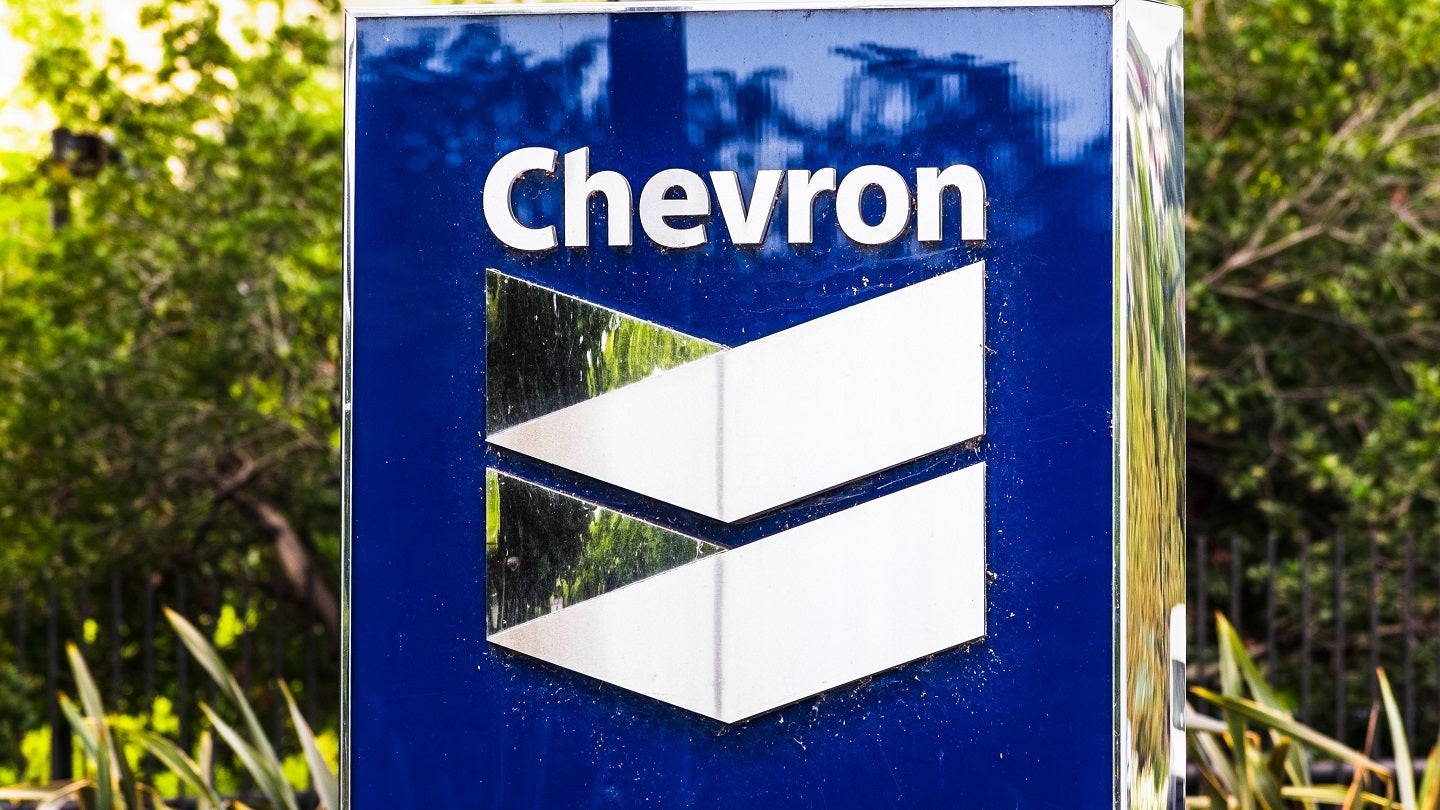
US oil giant Chevron is sending cargoes of Kazakhstan’s Caspian Pipeline Consortium (CPC) Blend oil to Asia via Africa’s Cape of Good Hope rather than through the Red Sea to avoid the risk of disruption by Yemen’s Houthis.
The Iranian-linked Houthis have intensified attacks on US shipping despite airstrikes by the US and UK on the group in Yemen, prompting vessels to avoid the volatile Red Sea and Suez Canal, the shortest sea route between Europe and Asia.

Discover B2B Marketing That Performs
Combine business intelligence and editorial excellence to reach engaged professionals across 36 leading media platforms.
The CPC Blend crude is usually initially loaded at the Russian Black Sea terminal of Yuzhnaya Ozereevka near Novorossisk, before being shipped out of the Black Sea, into the Mediterranean and then towards Asia through the Suez Canal. The vessels will now head west through the Mediterranean and then around the west flank of Africa towards the south, a far longer voyage that will drive up shipping costs.
In reality, most of the CPC Blend crude is from Kazakhstan, but some is from Russian companies, industry sources told Reuters. While Chevron cargoes are avoiding the route, the Russian-sourced CPC Blend will still travel via the Red Sea.
Since the outbreak of the Red Sea skirmishes, CPC Blend supplies to Asia have more than halved from 1.2 million tonnes (t) in December to 550,000t in January.
Chevron told Reuters: “Chevron will continue to actively assess the safety of routes in the Red Sea and throughout the Middle East and make decisions based on the latest developments.”

US Tariffs are shifting - will you react or anticipate?
Don’t let policy changes catch you off guard. Stay proactive with real-time data and expert analysis.
By GlobalDataThe CPC is the main exporter of Kazakhstan’s crude oil. The major shareholders in CPC are the Russian state company Transneft with 24%, Kazakhstan’s KazMunayGas with 19% and the Chevron Caspian Pipeline Consortium Company with 15%.





